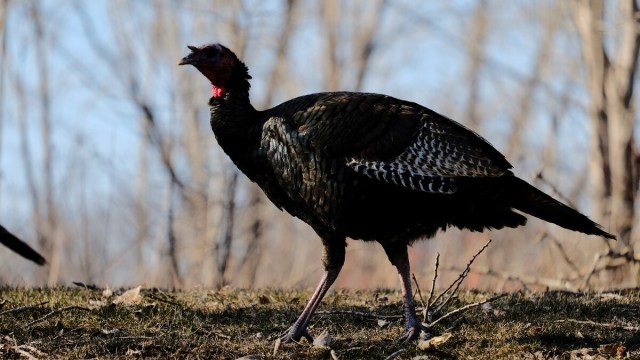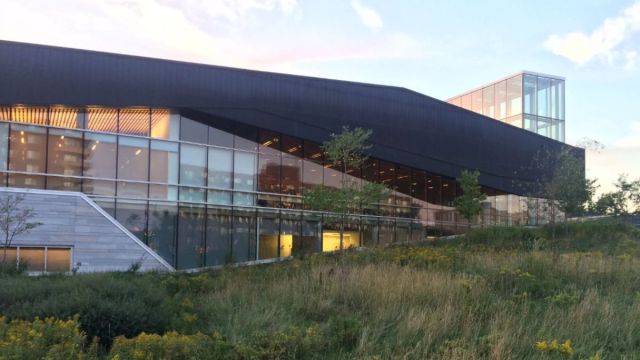Battling bugs

The Bibliothèque du Boisé played host to an information session by the environmental services and resource provider VertCite that focused on how the effects of a warming Quebec is bringing some dire consequences. The floods and severe weather bursts are plain to see, but there are other dangers, including the voracious Ash Tree Borer, that are more insidious.
For five years, Quebec has been battling the Ash Tree Borer. It has led to expensive treatments and thousands of razed trees. Locals who came to the workshop have their own concerns. « I have a garden and want to learn what steps I can make to protect it from these bugs, and to know what else is coming, » said resident Nicole.
VertCite wants to bring awareness that the Borer is just one of many invasive species that are coming our way. The danger is real. As the ambient temperatures rise, new breeding grounds for invasive species are created.
« We need to understand the link between climate change and the effects on insects and our environment. The warmer winters and longer summers are bringing with them species that we have not seen before, » explains VertCite Environmental Agent Anahi Kerbaol.
Species once killed by cooler temperatures are now thriving and the areas they attack are defenseless. The lack of natural predators that adapt more slowly can lead to disastrous losses in agriculture, diversity and habitat.
The culprit is climate change, and the answers involve major shifts in attitudes and activities.
The human element
For humans, there are already signs of things to come. The mosquito borne, incurable West Nile virus has seen a ten-fold increase in cases since 2002. Lyme disease, caught from ticks, has seen a rise in rates from 32 cases in 2011 to 295 so far this year. And that is just in Quebec. It is estimated that the global costs of fighting these infestations and diseases will be billions of dollars over the coming decades.
« We need to fundamentally change our way of doing things. Beef production, for example, creates more greenhouse gases than all transportation combined. One thought to reduce that is by switching to insect-based proteins. Savings in space, less energy and, believe it or not, more nutritional value than animal flesh, » adds Kerboal.
VertCite believes that the switch can be made here, because 80 percent of the world’s population already eats insects as a regular part of their diets. Other options include local sourcing of food and the elimination of monocropping, as the fields can be completely destroyed during one infestation.
Climate change is a reality that cannot be avoided, and pro-active governments and informed citizens are going to be needed to adapt to the uncertain future.
For more info:
514 744-8333




